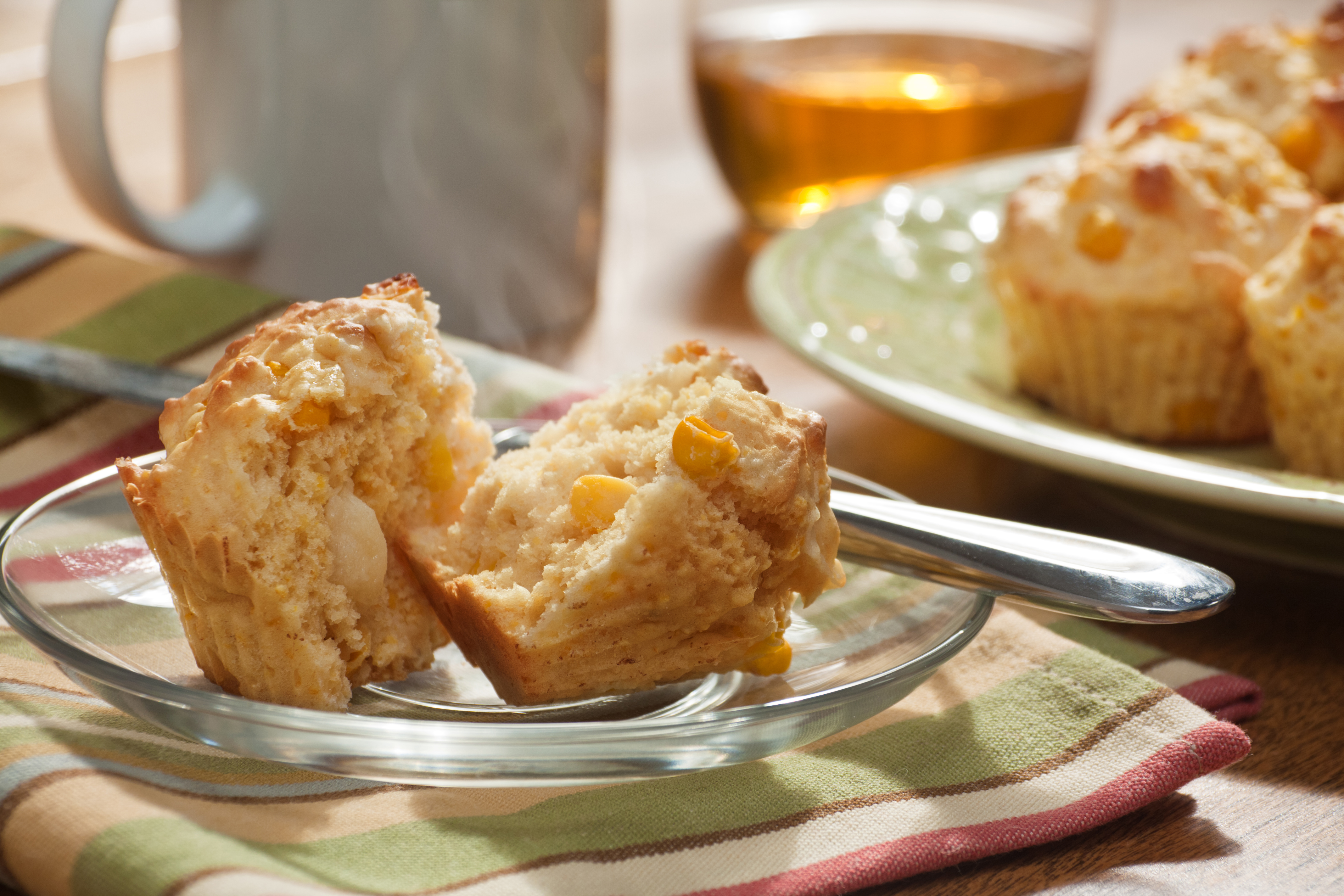You work out daily. You eat right and make good decisions regarding your health and wellness. Then, vacation comes and bam! – deep fried this and cheese covered that, tacos and tequila shots! Why is it that you can be so good at home in your daily routine, but on vacation, your healthy habits take a turn for the worse?
One or two cheat days is one thing, but when you lump together several days or weeks into poor exercise and eating habits, it can be difficult to get back on track once you are home and return to your normal routine.
Here Are 8 Tips To Eating Healthy And Making Smart Food Choices On Your Next Vacation
1. Be Strategic:
If you must eat out while traveling, make a game plan before you get to the restaurant. If you are at a continental breakfast, you have plenty of options, but most aren’t so great for your figure. Skip the baked goods and instead hone in on the nutrient-packed, protein-rich options, such as yogurt and fruit or eggs and toast. At a buffet? Go straight to the carving station (if you eat meat) and load up on lean proteins like chicken or turkey and pair it with steamed vegetables or a salad. If you are a vegetarian, your options will be much more limited, so go for brown rice and some fresh vegetables, chickpeas or black beans, shredded cheese (in moderation), nuts or seeds. If there are breakfast options, you might even be able to get a tall glass of soy, almond or coconut milk (if you are lucky and your buffet is really awesome).
2. Modifications:
Avoid foods with heavy sauces or gravy and stay away from anything fried. Even if sandwiches and fries are your only option and you don’t want the carbs, ask for your veggie burger without the bun and get a side of steamed broccoli instead of high-fat fries.
3. Shop Locally:
Just because you are away from home does not mean that you are at the mercy of available restaurants. In most locations, you should have some access to local grocery stores, farmer’s markets or other means to shop for healthy food yourself. In one trip to a local market, you can get a plethora of healthy snacks, such as fresh fruit, yogurt, cottage cheese, hummus and sliced veggies or other fresh foods – perfect if you have access to a refrigerator where you are staying. This will also save you a ton of money!
4. Pack Your Own Snacks:

If you will not have time to shop or if you prefer to not be at the mercy of what local stores have to offer, you can bring your own healthy snacks with you in your suitcase (even if flying). Even if you don’t check a bag, you can still carry on your snacks in 3-ounce baggies, such as nuts, dark chocolate, dried fruit and protein bars. If driving, you can easily pack a jar of salsa or nut butter to munch on while traveling. Or, bring a tub of protein powder, a shaker and a bottle of water, and have a low-calorie, high-protein and filling meal when you need it. All of these meals are pennies on the dollar and will satisfy you more than that $15 fried something-or-other at the roadside diner or airport fast food location.
5. Portion Size:
When you eat at home, you tend to eat in moderation, but come vacation and you might eat double or more what you would typically eat, because vacation time typically equates to less structure and control. Even if not-so-healthy options are your only choices, if you stick with a typical portion size that you would have at home, you aren’t completely unraveling your normal healthy routine. If the portion sizes are huge and you cannot take it back with you for another meal, see if your traveling companions want to split a plate with you. This will save you calories and money!
6. Eat Frequently:
It is suggested that you should eat five small meals throughout your day instead of three large meals to keep your metabolism in high gear and avoid food sitting in your stomach and making you feel overly full and sluggish. When traveling, you can have small meals throughout your day as well. Have a cup of fruit and cottage cheese and then a handful of nuts a few hours later. Frequently eating small amounts of food will provide you with sustained energy, without the risk of additional calories stored as fat.
7. Hydration:

So many people mistake thirst for hunger, and instead of reaching for a bottle of water they go for a snack or a full-blown meal. Especially while traveling and flying, your body will have shifts in altitude and is likely to need water to rebalance and combat the circulated air from the plane trip. Drink a glass or two of water, and then wait. If you are still feeling pangs of hunger, find a good snack or meal option. Save money here by by packing an empty water bottle with a filter, which is better for the environment, your wallet and your health.
8. Cheat:
You can cheat on vacation. Hell, you deserve to have a few cheat meals on vacation! But, emphasis is on the word few. You can allow yourself to have one cheat meal a day, where you eat what sounds good but might not necessarily be good for you. The other two or more meals each day should be smarter, healthier options that you are not ashamed to enter into your food tracker.
It is possible to eat healthy and make smart food choices while on vacation, and some tips can even save you money! With just a little planning and willpower, you can enjoy your vacation without a detrimental impact on your waistline. Now, go ahead, have fun, unwind and let loose. Just don’t lose sight of your health goals or how you’d like to look in your bikini come summer.
.png)
